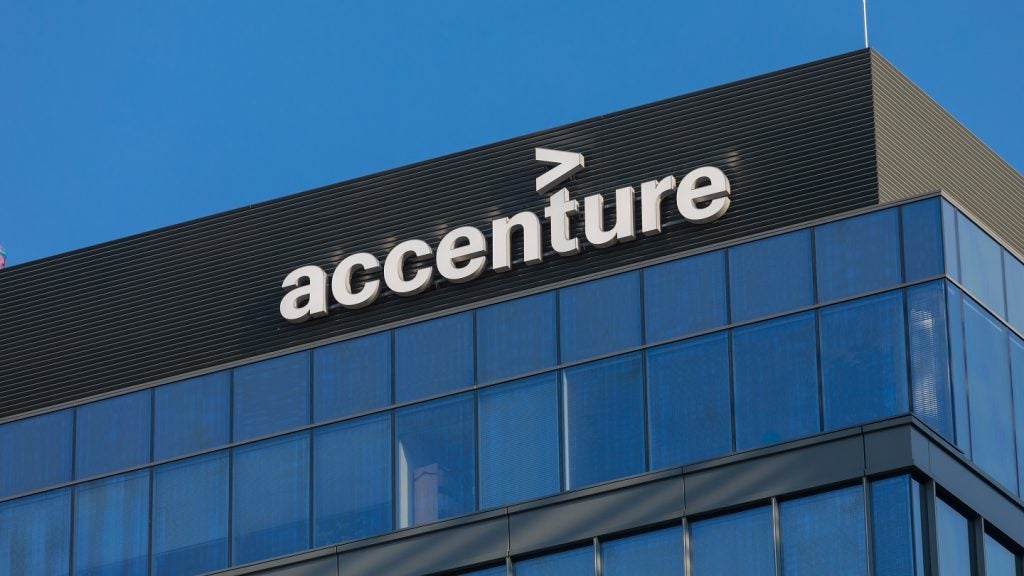After making numerous claims that it will operate in a fairer way, Amazon remains one of the highest profile UK tax avoiders.
Its corporate tax structure means that it has been able to pay very low levels of corporate tax. In the most recent tax year on sales of £2bn, Amazon paid just £4.6m and as a result, other companies are calling for change.
UK chancellor of the exchequer Phillip Hammond has suggested last week that online retailers are taxed more to even out the playing field between bricks and mortar stores and online retailers, but it is likely that small businesses and consumers will be hit hardest as a result.
The UK high street is struggling – a truth backed up by countless stories of bankruptcies and store closures. M&S has announced plans to close 100 of its traditional stores by 2022 while Toys R US, Comet, and JJB sports are all among big chain stores that can no longer be found on the high street.
Employee numbers in shops and outlets were also down 2.2% when compared to last year, as stated by the Office for National Statistics. However, according to MarketLine data, the United Kingdom online retail sector is forecast to be worth $81.8bn in 2022, with a compound annual growth rate between 2017 and 2022 of 6.6%.
Online retail tax would only damage smaller sellers and consumers
Rather than a blanket tax on online retail, it would be preferable to ensure that multi-national companies are paying the right amount of tax instead.
How well do you really know your competitors?
Access the most comprehensive Company Profiles on the market, powered by GlobalData. Save hours of research. Gain competitive edge.

Thank you!
Your download email will arrive shortly
Not ready to buy yet? Download a free sample
We are confident about the unique quality of our Company Profiles. However, we want you to make the most beneficial decision for your business, so we offer a free sample that you can download by submitting the below form
By GlobalDataSmall online retailers should not be penalised for Amazon’s tax structure and while the tax could reign in online retail giants, no thought has been given to smaller companies, which could struggle further to compete as a result.
The Chancellor wants the high street to remain resilient but by trying to save obsolete stores, prices will rise, and it is very likely it will all be in vain as the convenience of online retail has been heartily welcomed by consumers.
Online retail has many more benefits beyond just being cheaper. It gives consumers more choice, flexibility, and convenience and is essentially the next step in the evolution of the consumer goods market.
Major steps do need to put in place so that Amazon and other online retail giants pay the right amount of tax, but consumers and small businesses should not have to foot the bill.
There is no place for preventive measures to boost sales on the high street if technology can offer a better option for consumers.
It is the government’s problem that there are corporation tax loopholes and a crackdown on those would likely be far more beneficial to the wider economy.
As for high street retailers, it is time to adapt to new normal and review business models, products on offer, in-store technology solution and perhaps and a reductions in business rates and rents would be a fairer way to improve outlooks for the British high street.







